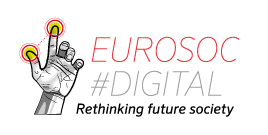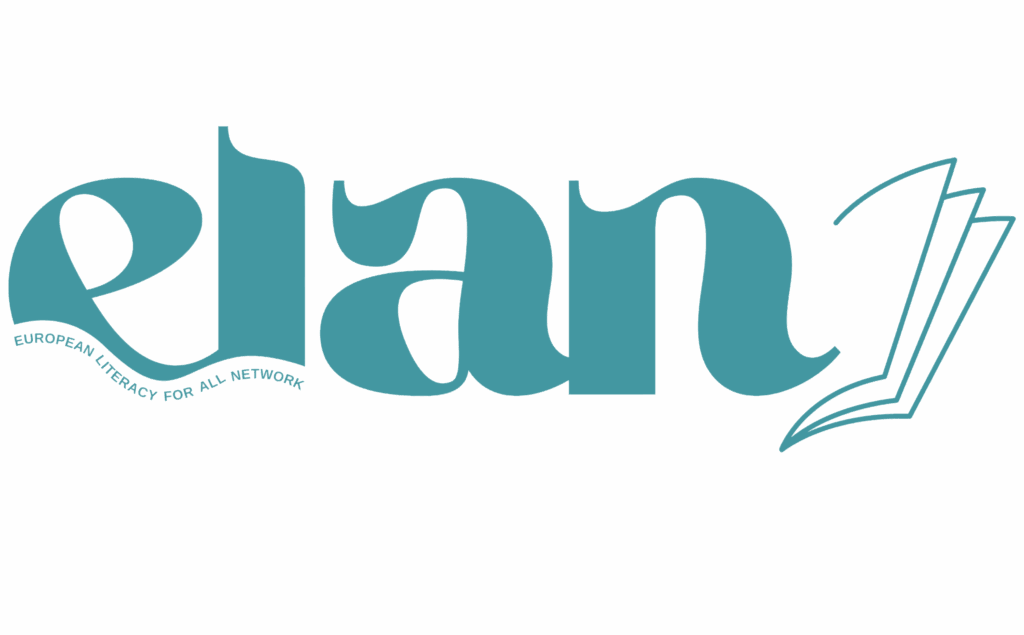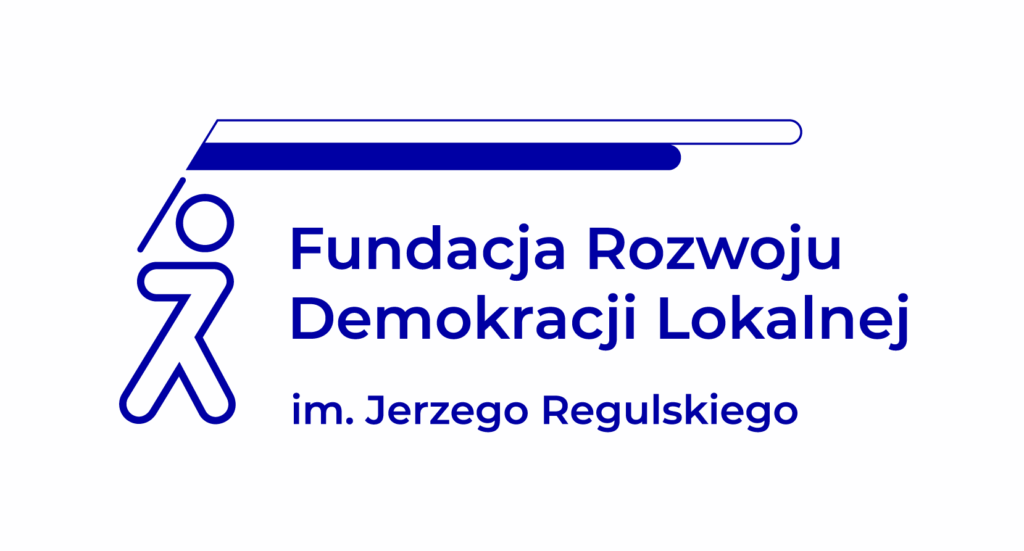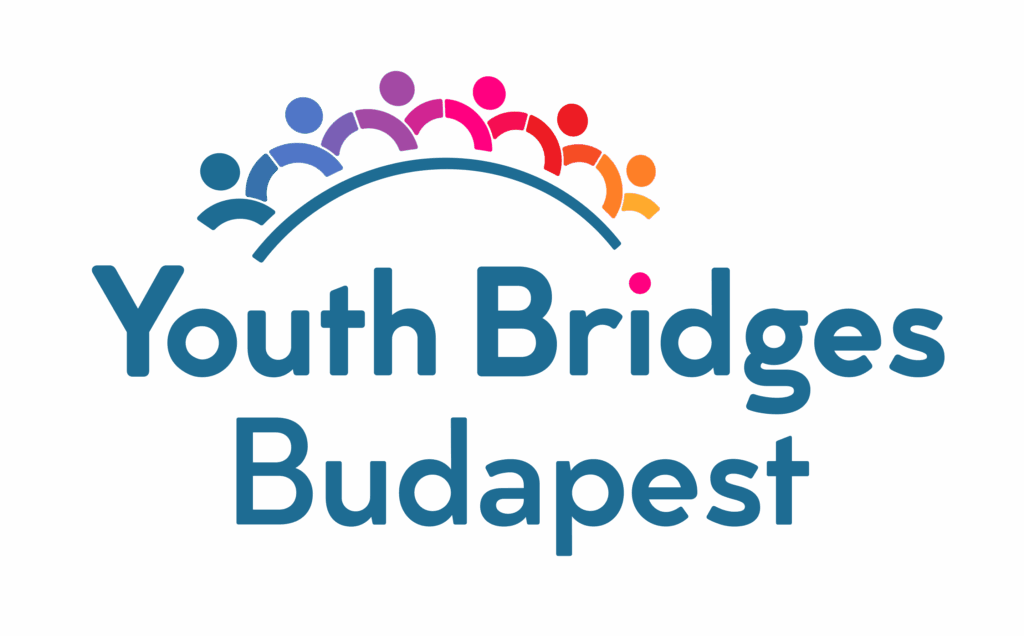PARTNERS

EUROSOC DIGITAL GGMBH (Berlin, Germany)
EuroSoc Digital gGmbH is an independent social enterprise headquartered in Berlin, Germany, dedicated to promoting democratic values across Europe. The organisation focuses on educating young people about pressing societal issues such as climate change, regional development, and technological innovation. Through its seminars and courses, EuroSoc Digital explores how liberal democracies respond to these challenges, placing strong emphasis on democratic cooperation, civic participation, and the role of citizenship amid ongoing societal transformations.
Drawing from methods in business administration and urban planning, EuroSoc Digital translates these into educational tools—workshops, role plays, and simulation games—designed to foster both formal and non-formal education. The organisation supports educators and young people by equipping them with innovative and practical solutions. With a robust network of over 500 schools across Germany, it is also an accredited provider of teacher training in several German federal states.
Since its establishment in 2014, EuroSoc Digital has demonstrated a strong track record in non-formal civic education. It has worked with various public institutions, including the European Commission and the European Parliament, and has participated in several major EU funding programmes such as Erasmus+, Horizon 2020, and the European Climate Initiative.

European Literacy for All Network (Mons, Belgium)
The European Literacy for All Network (ELAN) is a non-governmental organisation based in Mons, Belgium, committed to advancing literacy education across Europe with a strong focus on accessibility and inclusion. Acting as a central hub for educators, researchers, and policymakers, ELAN promotes collaboration and the exchange of best practices in the field of literacy education.
The organisation adopts a broad perspective on literacy, encompassing reading comprehension, critical information processing, and multilingual education, while placing particular emphasis on supporting individuals with specific learning disorders (SLD). ELAN has developed both digital and non-digital innovative methods and tools tailored to diverse linguistic and cultural contexts.
Through the delivery of workshops, conferences, and training sessions, ELAN offers professionals opportunities for networking, skill enhancement, and the discovery of new instructional approaches. With recognised expertise in integrating technology into education, the organisation ensures that its resources are accessible and adaptable to the needs of a wide range of learners and educators.
Across all its initiatives, ELAN remains firmly dedicated to fostering inclusive and digital literacy education by producing digital pedagogical content and supporting the development of effective online learning environments.

EDIT CENTAR (Novi sad, Serbia)
EDIT Center is a non-profit association established in 2005 and based in Novi Sad, Serbia. The organisation is dedicated to empowering individuals, social groups, and institutions through diverse programmes designed to create a supportive environment for human development. Its core objectives include strengthening organisational capacity, encouraging responsible civic participation, and fostering inter-sectoral collaboration to address pressing social challenges. Operating at local, national, regional, and international levels, EDIT Center delivers educational seminars, workshops, and training programmes.
With a robust history in youth work, the organisation has successfully implemented over 130 projects. Notable among these is the creation of the youth information centre “Infopolis,” which aligns with European standards and principles of youth work. EDIT Center is also a co-founder of the Mental Health Festival in Novi Sad, actively promoting mental health awareness and advocacy in the local community. Its work centres on themes such as social inclusion, non-formal education, digital skills development, and youth empowerment.
EDIT Centar in Novi Sad is best known for its Infopolis Youth Info Center and Infopolis – Psychological Counseling for Youth, the latter being a key part of the Constellation of Support, a coordinated system of services aimed at promoting mental health and well-being among young people in Novi Sad.

FUNDACJA ROZWOJU DEMOKRACJI LOKALNEJ IM. JERZEGO REGULSKIEGO (Warszawa, Poland)
The Jerzy Regulski Foundation in Support of Local Democracy (FUNDACJA ROZWOJU DEMOKRACJI LOKALNEJ IM. JERZEGO REGULSKIEGO) is the largest non-governmental organisation in Poland dedicated to promoting local democratic governance, social development, and capacity-building. With over 35 years of experience, the foundation provides a broad spectrum of services including training, consulting, networking opportunities, and international cooperation initiatives.
Operating through a network of 14 regional centres across Poland, the foundation coordinates more than 80 self-government forums, engaging nearly 4,000 local government representatives. Its work centres on enhancing local administration through expert consulting, lifelong learning initiatives, project development, and fostering cross-sectoral collaboration.
The foundation has contributed significantly to numerous European and international initiatives. Among its key projects is COOLSKILLS, an Erasmus+ initiative exploring the role of cultural education in developing young people’s key competencies. Additionally, it has played an important role in the Decentralization Offering Better Results and Efficiency (DOBRE) programme, funded by USAID, aimed at improving governance in Ukrainian municipalities.

Youth Bridges (Budapest, Hungary)
Youth Bridges Budapest is a Hungarian foundation committed to addressing the complex challenges facing young people in the 21st century. The organisation works to foster social cohesion and build meaningful connections within Hungarian society and beyond, through initiatives that promote community engagement, active participation, and open dialogue. Its core mission is rooted in the values of tolerance, diversity, and lifelong learning, with a strong focus on providing non-formal educational and professional development opportunities for young adults and practitioners in youth work, education, and social services.
Combining research, curriculum development, and innovative pedagogical methods, Youth Bridges Budapest adopts a multidisciplinary approach to tackle issues relevant to youth. The foundation has significant experience with EU-funded programmes, having participated in over 12 Erasmus+ KA2 projects and coordinated international initiatives in diverse contexts, including Georgia, Turkey, and the Caribbean. Its thematic focus spans social inequality, environmental awareness, and mental health in the digital era.